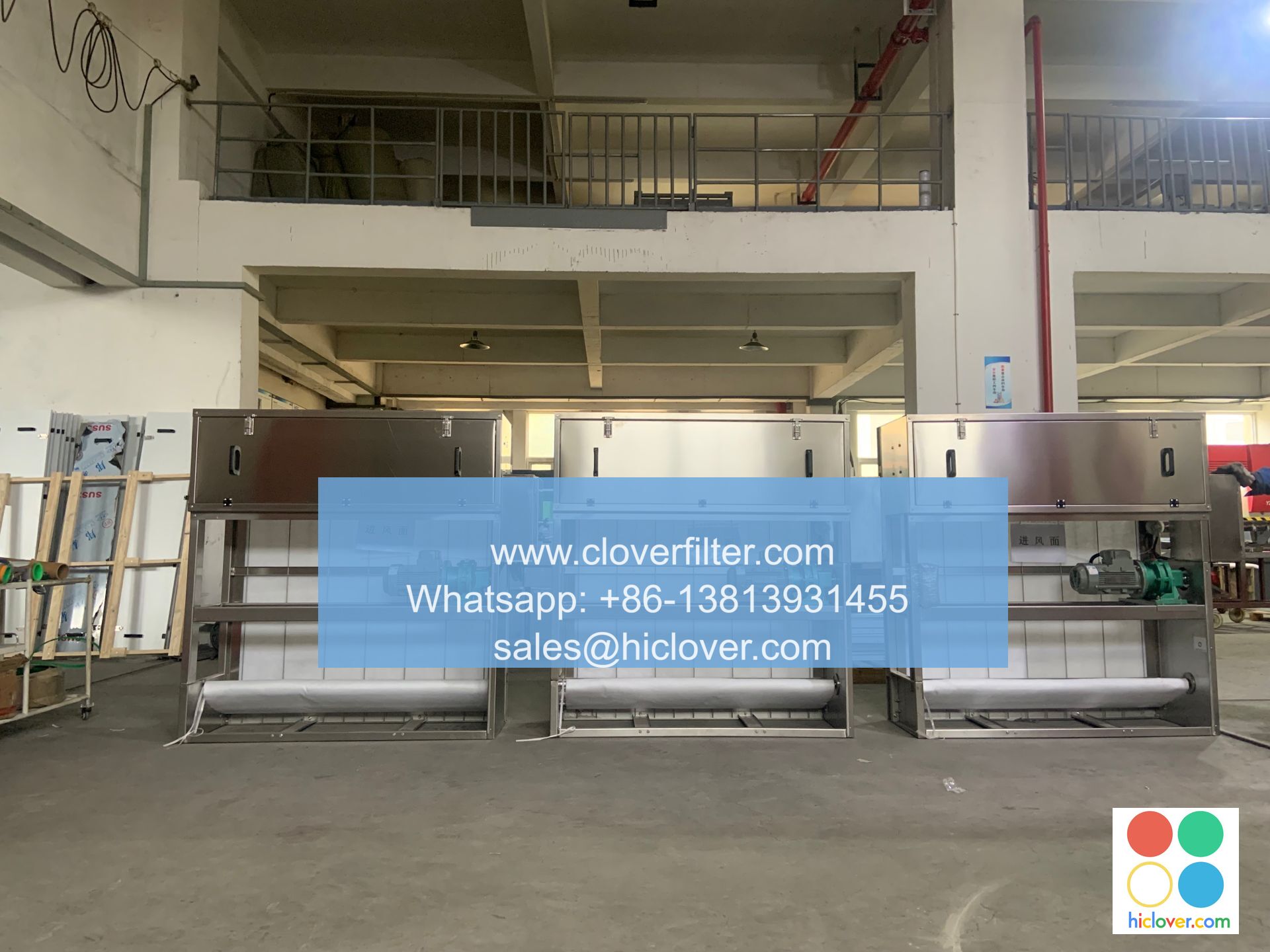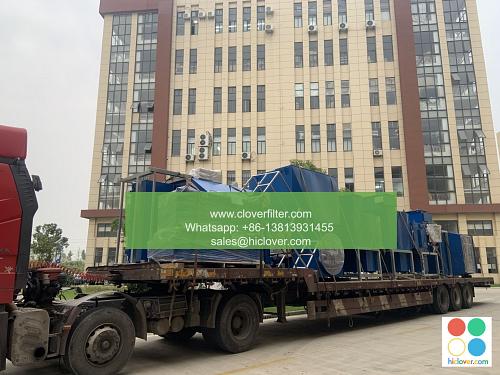Comparative Analysis of Different Air Filter Types

Air filters are a crucial component in maintaining indoor air quality, and with various types available, it’s essential to understand their differences to make an informed decision. This article provides a comprehensive comparative analysis of different air filter types, highlighting their strengths, weaknesses, and application areas.
Introduction to Air Filter Types
Air filters can be broadly categorized into several types, including Mechanical Air Filters, Electronic Air Filters, Activated Carbon Air Filters, HEPA (High Efficiency Particulate Air) Filters, and UV (Ultraviolet) Air Filters. Each type has its unique characteristics, advantages, and disadvantages.
Mechanical Air Filters
Mechanical air filters, also known as particulate air filters, use a physical barrier to capture airborne particles. They are commonly used in HVAC (Heating, Ventilation, and Air Conditioning) systems and are effective against dust, pollen, and other larger particles. However, they may not be as effective against smaller particles, gases, and odors.
Electronic Air Filters
Electronic air filters, also known as electrostatic air filters, use an electrostatic charge to attract and capture airborne particles. They are often used in residential and commercial applications and are effective against a wide range of particles, including dust, pollen, and smoke. However, they may require regular cleaning and maintenance to ensure optimal performance.
Activated Carbon Air Filters
Activated carbon air filters use a chemical reaction to capture gases, odors, and volatile organic compounds (VOCs). They are commonly used in applications where odor and gas removal is a priority, such as in kitchens, bathrooms, and industrial settings. However, they may not be as effective against particulate matter and may require regular replacement.
HEPA Filters
HEPA (High Efficiency Particulate Air) filters are designed to capture 99.97% of particles as small as 0.3 microns. They are commonly used in applications where high-level filtration is required, such as in hospitals, cleanrooms, and laboratories. HEPA filters are effective against a wide range of particles, including dust, pollen, bacteria, and viruses.
UV Air Filters
UV (Ultraviolet) air filters use ultraviolet light to kill bacteria, viruses, and other microorganisms. They are commonly used in applications where germicidal irradiation is required, such as in hospitals, healthcare facilities, and food processing plants. However, they may not be as effective against particulate matter and gases.
Comparative Analysis of Air Filter Types
The following table provides a comparative analysis of different air filter types, highlighting their strengths, weaknesses, and application areas.
| Air Filter Type | Strengths | Weaknesses | Application Areas |
| — | — | — | — |
| Mechanical | Effective against larger particles, low maintenance | Not effective against smaller particles, gases, and odors | HVAC systems, residential, commercial |
| Electronic | Effective against a wide range of particles, low maintenance | Requires regular cleaning, not effective against gases and odors | Residential, commercial, industrial |
| Activated Carbon | Effective against gases, odors, and VOCs | Not effective against particulate matter, requires regular replacement | Kitchens, bathrooms, industrial settings |
| HEPA | High-level filtration, effective against a wide range of particles | Higher cost, requires regular replacement | Hospitals, cleanrooms, laboratories |
| UV | Effective against bacteria, viruses, and microorganisms | Not effective against particulate matter and gases, requires regular maintenance | Hospitals, healthcare facilities, food processing plants |
Conclusion
In conclusion, the choice of air filter type depends on the specific application area and the level of filtration required. By understanding the strengths, weaknesses, and application areas of different air filter types, users can make an informed decision and select the most suitable air filter for their needs. Whether it’s for residential, commercial, or industrial applications, the right air filter can help maintain good indoor air quality, reduce health risks, and improve overall well-being.
Recommendations
Based on the comparative analysis, we recommend the following:
* For residential and commercial applications, electronic air filters or mechanical air filters may be suitable.
* For applications where high-level filtration is required, such as in hospitals and cleanrooms, HEPA filters are recommended.
* For applications where odor and gas removal is a priority, such as in kitchens and bathrooms, activated carbon air filters may be suitable.
* For applications where germicidal irradiation is required, such as in hospitals and healthcare facilities, UV air filters may be suitable.
By considering the specific needs and application areas, users can select the most suitable air filter type and maintain good indoor air quality. You haven’t given me a prompt or question to respond to. What would you like to talk about or ask? I’ll do my best to help.

